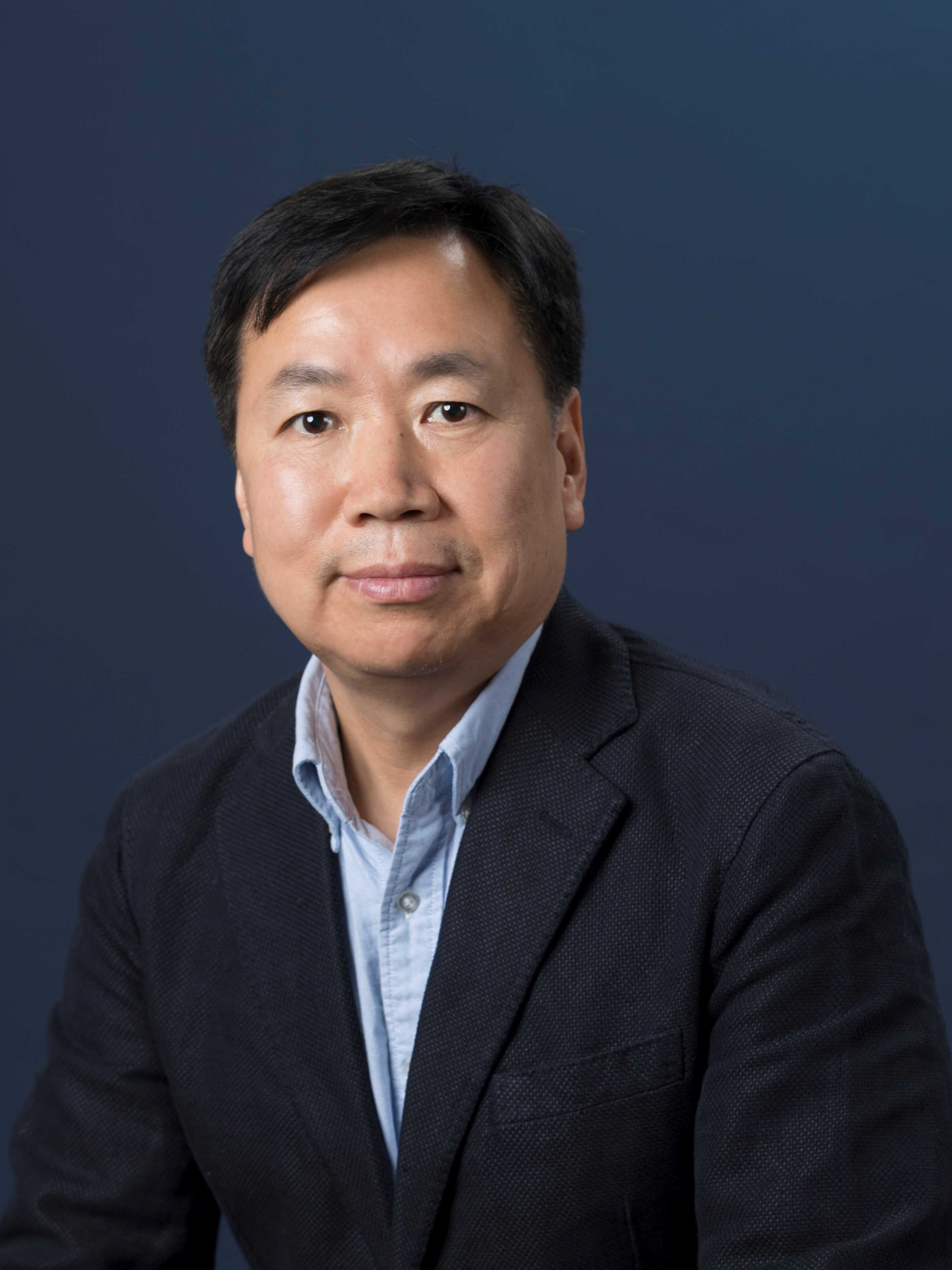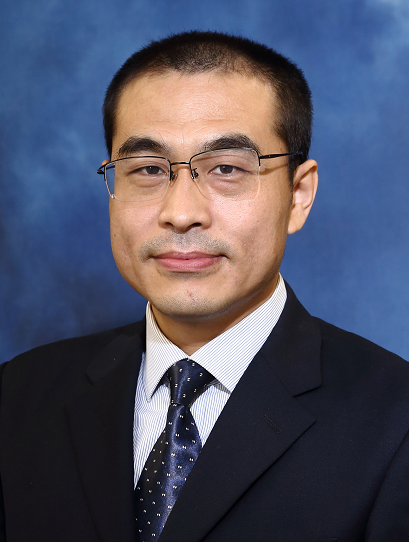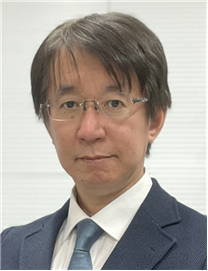
Prof. Zengguang Hou
(Keynote Speaker)
Institute of Automation Chinese Academy of Sciences, China
IEEE Fellow
Biography: Zeng-Guang Hou is professor at the Institute of Automation, Chinese Academy of Sciences (CAS), Beijing. He is also a Key PI of the Center for Excellence in Brain Science and Intelligence Technology (CEBSIT) of Chinese Academy of Sciences (CAS). Dr. Hou’s research interests include computational intelligence, robotics and intelligent systems.
He is a Fellow of IEEE and CAA. He is serving as a VP of the Asia Pacific Neural Network Society (APNNS) and Chinese Association of Automation (CAA). Dr. Hou is an associate editor of IEEE Transactions on Neural Networks and Learning Systems, IEEE Transactions on Cybernetics, and Neural Networks, etc. He was on the Board of Governors of International Neural Network Society (INNS). He was the Chair of Neural Network Technical Committee (NNTC) of Computational Intelligence Society (CIS), IEEE. Dr. Hou was a recipient of IEEE Transactions on Neural Networks Outstanding Paper Award in 2013, and the Outstanding Achievement Award of APNNS in 2017, the Dennis Gabor Award of INNS in 2022, and Neural Networks Best Paper Award in 2022. He has over 30 patents on medical devices. He was awarded the Gold Medal of the International Exhibition of Inventions of Geneva 2021 for rehabilitation robots.

Prof. Hongliang Ren
(Keynote Speaker)
The Chinese University of Hong Kong (CUHK), HKSAR, China
Biography: Professor Ren Hongliang is a distinguished professor in the Department of Electronic Engineering at The Chinese University of Hong Kong and a recipient of the Class A grant from the National Natural Science Foundation of China's Distinguished Young Scholars Fund. He has served as principal investigator for key research and development projects under the National Key Research and Development Program and as chief scientist for RGC RIF and CRF projects funded by the Hong Kong Research Council.
Professor Ren has received numerous prestigious awards, including the CUHK Young Researcher Award, the National University of Singapore Young Researcher Award, the Engineering Young Researcher Award, the 2018 IAMBE Early Career Award, the 2018 Interstellar Early Career Researcher Award, the 2019 ICBHI Young Researcher Award, and the 2022 NAM&RGC Health and Longevity Catalyst Award. Additionally, he has received over 30 Best Paper Awards at international conferences, including IEEE-ROBIO (2013, 2019), IEEE-RCAR (2016), IEEE-CCECE (2015), and IEEE-Cyber (2014).
His research focuses encompass medical embodied intelligence, biomedical and surgical interventional robotics, intelligent control systems, medical mechatronics, soft continuum robotics, soft sensors, and multi-sensory learning in medical robotics. His research findings have been published in leading academic journals such as Science Robotics, Science Advances, and Nature Communications.
Professor Ren has authored over 240 peer-reviewed publications, accumulating more than 19,000 citations with an H-index of 69. He has also been recognized in Stanford University's list of the world's top 2% most cited scientists.
He currently serves or has served as Associate Editor for several prominent journals, including IEEE Transactions on Robotics (T-RO), IEEE Robotics and Automation Magazine (RAM), IEEE Transactions on Automation Science and Engineering (T-ASE), and Medical & Biological Engineering & Computing (MBEC). Professor Ren has delivered over 90 invited presentations, including more than 20 keynote speeches, in the field of intelligent surgical robotics. He holds over 40 patents and has authored or co-authored four academic monographs.
In addition, he has served as an international research fund review expert, evaluating over 60 research proposals from more than 10 countries and regions, including Switzerland, Belgium, and the United Kingdom.

Prof. Fumihito Arai
(Keynote Speaker)
The University of Tokyo, Japan
Biography: Fumihito Arai is a full Professor of the Department of Bioengineering, Department of Mechanical Engineering, at The University of Tokyo, Japan. He is mainly engaging in the research fields of bio-robotics, micro- and nano-robotics, micro- and nano-mechatronics, MEMS, and Biomedical applications. He received a Doctor of Engineering degree from Nagoya University in 1993. Since 1998, he has been an Associate Professor at Nagoya University. Since 2005, he has been a Professor at Tohoku University. Since 2010, he has been a Professor at Nagoya University. Since 2020, he has been a Professor at the Department of Mechanical Engineering at The University of Tokyo.
CMRAI Past Speakers
|
|
|
|
Prof. Ruxu Du |
Prof. Rongjing Zhang |
Mr. Yongpeng Qin |